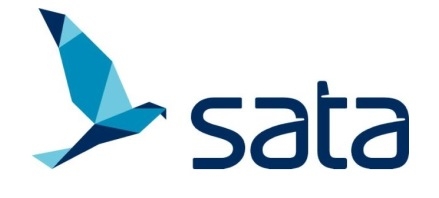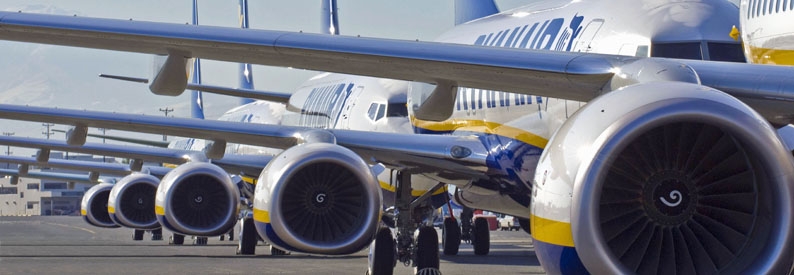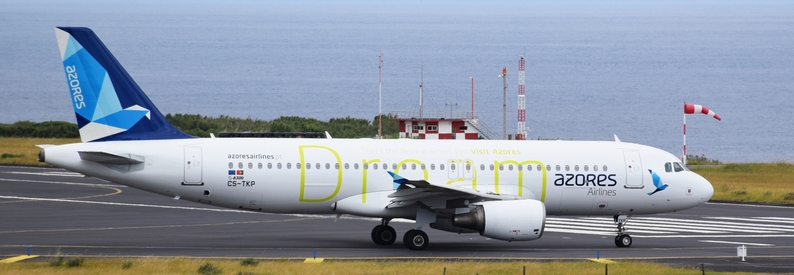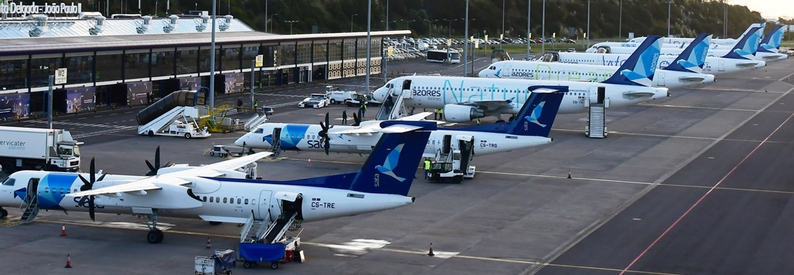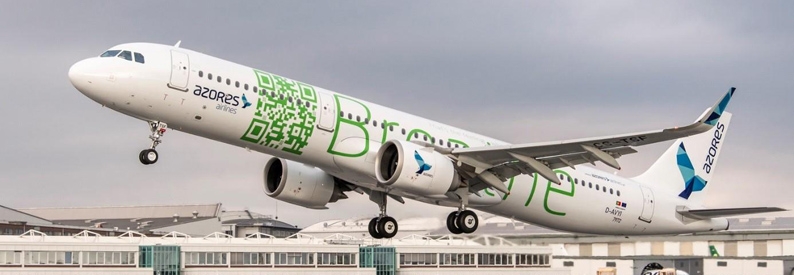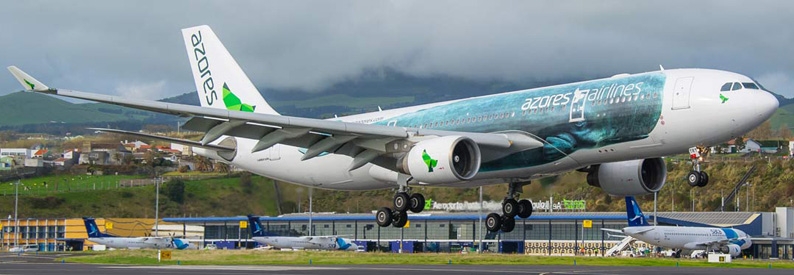The European Commission has approved EUR133 million euros (USD157 million) in Portuguese state aid to bolster the liquidity of SATA Air Acores (SP, Ponta Delgada). But Brussels has also decided to open an investigation into certain other public support measures in favour of the airline.
The approved aid “will allow the company to fulfil its public service obligations, provide essential services, and ensure the connectivity of the Azores' outermost regions,” the commission said in a statement dated August 18.
Besides being entrusted with its PSO routes, SATA provides other essential services too, such as the management and operation of five small airports on different islands, the commission argued.
SATA was facing financial difficulties before the coronavirus outbreak and has reported operating losses since at least 2014, together with negative equity in recent years. Today, it is currently facing “urgent liquidity needs,” the statement elaborated.
As previously reported, Grupo SATA, which also includes international subsidiary Azores Airlines, revealed on July 7 that it had requested state aid via its direct owner, the Autonomous Region of the Azores, totalling EUR163 million (USD185 million), to “provide liquidity needs” until the end of this year.
Portugal then notified the commission of its intention to give urgent support to the airline, suggesting that EUR133 million could address its liquidity needs until the end of January 2021.
SATA is not eligible to receive support under the commission's Temporary Framework for state aid, as this is aimed at companies that were not already in difficulty before the dawn of the covid-19 crisis. So the regulator assessed the aid under other rules, namely the 2014 Guidelines on State Aid for rescuing and restructuring, under which temporary aid is possible for providers of essential services.
At the same time, however, the European Commission has opened an investigation to find out whether other support in favour of SATA have been in line with the 2014 guidelines.
As of 2017, the Autonomous Region of Azores approved three capital increases to partly address the company's shortfalls. The Portuguese authorities have claimed that these measures did not constitute state aid, as the regional government acted as a private investor operating under market conditions.
Nevertheless, “the opening of an indepth investigation gives Portugal and other interested parties an opportunity to submit comments. It does not prejudge the outcome,” the commission said.
